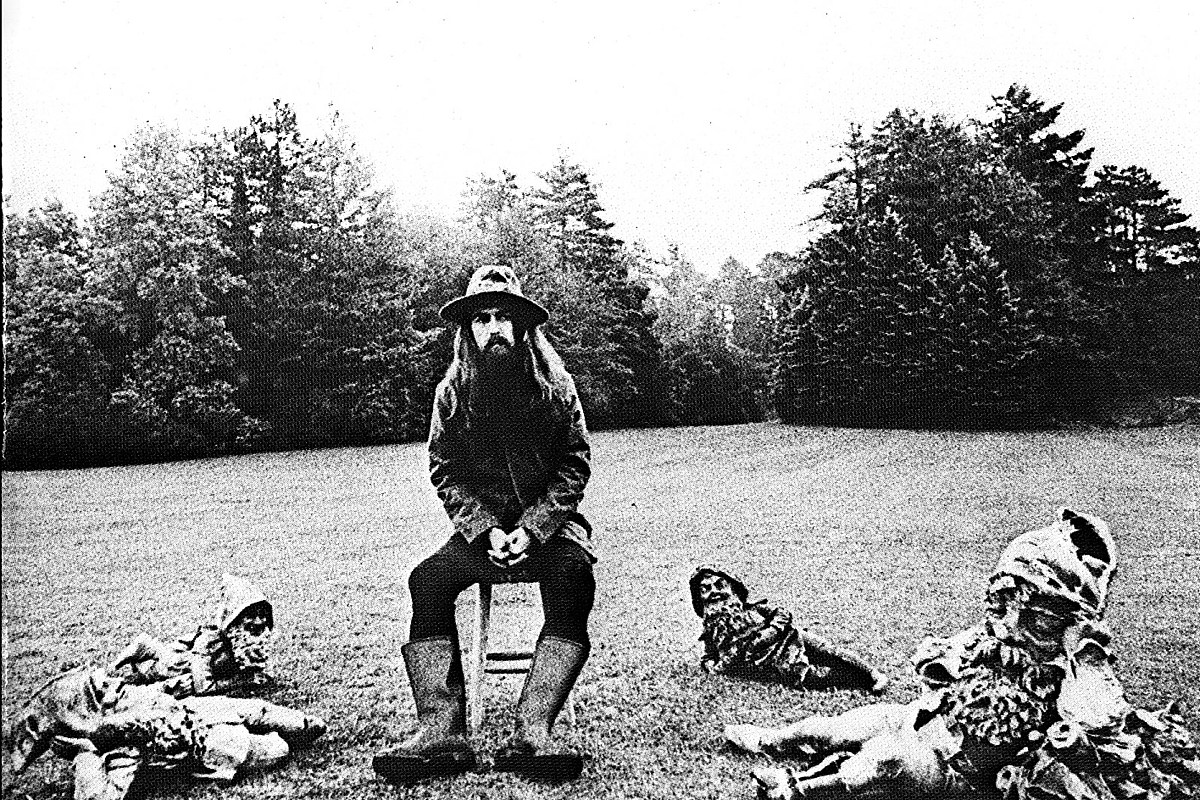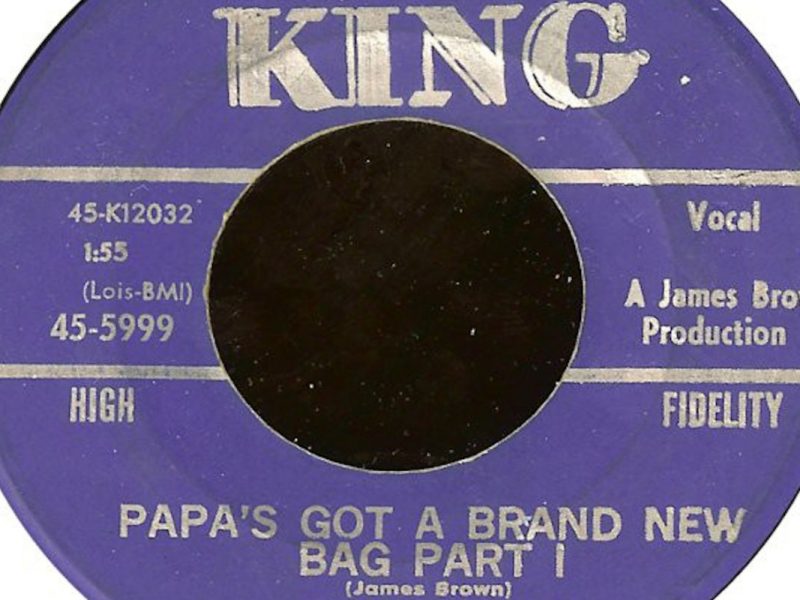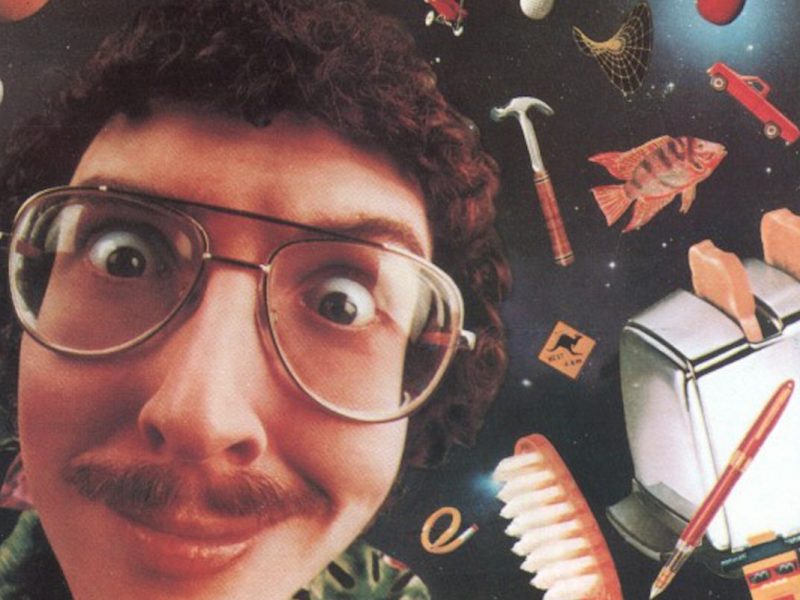George Harrison had already released a pair of albums under his own name before All Things Must Pass was released on Nov. 27, 1970. But they didn’t sound like the Beatles.
They really didn’t sound like much of anything at all, seeing that one was an experimental synthesizer record (Electronic Sound) and the other was a soundtrack to a movie that nobody cared about (Wonderwall Music).
All Things Must Pass was Harrison’s first proper solo album, and the most definitive statement by a former Beatle that it was time to move on. Paul McCartney’s first solo record came out a week after the group broke up, Ringo Starr got there a month earlier and John Lennon’s was released soon after Harrison’s.
They all sounded sort of like part of their collective past; All Things Must Pass sounded like a complete break, or at the very least a declaration of independence.
George Harrison Was Stifled in the Beatles’ Later Years
It’s no secret that Harrison’s later years in the Beatles was frustrating for him as an artist. As the youngest member of the band, he started songwriting later than Lennon and McCartney. Then, eager to expand his contributions to the group’s albums, he would write and submit songs to his bandmates for consideration. But by the time Beatlemania had peaked, Lennon and McCartney pretty much controlled the band’s records, duly allotting a song each to Harrison and Starr to sing on the albums.
But unlike the drummer (who was never comfortable in the spotlight, and, until the end, often just sang a cover or a number given to him by Lennon and McCartney as an obligation), Harrison was writing more and more songs. By the time the members basically split into four solo artists with the other members of the group as backing bands on the White Album, the Quiet Beatle was no longer keeping quiet.
One of his songs, “Not Guilty,” was pulled from the record at the last minute, and his contributions to Abbey Road – “Something” and “Here Comes the Sun” – were among the best on the Beatles’ final recording together. But he was still treated as a second-tier member.
Listen to George Harrison Perform ‘My Sweet Lord’
Who Did George Harrison Recruit for ‘All Things Must Pass’?
When Harrison started putting together All Things Must Pass in May 1970 – gathering songs originally written for the Beatles – he was ready to unload years’ worth of frustration. He poured almost everything he had into the album, turning his first real solo work into a sprawling, triple-record set that included jams, sketches, fragments and a long list of friends like Starr, Eric Clapton, Bobby Keys, Dave Mason and Ginger Baker.
Working with producer Phil Spector (who helped assemble the Beatles’ disastrous sessions that ended up on Let It Be), Harrison reworked many of the best songs his old group had rejected, including “My Sweet Lord,” “What Is Life,” “Isn’t It a Pity” and the title track, and wrote some new ones for the project. And he hosted a jam session with his famous friends that filled the entire third record of the set.
It was and remains an astonishing album, the first truly great one by a former Beatle. Harrison was also the first to reach No. 1 on the Billboard singles chart as a solo artist with “My Sweet Lord,” which later was the center of a lawsuit involving the Chiffons’ 1962 girl-group chart-topper “He’s So Fine” and charges of plagiarism. (Harrison lost the case, but that takes nothing away from the song’s greatness.)
And if it occasionally seems like Harrison gets a little lost along the way, or loses a grip on some of the unstructured jam tracks, it’s all part of All Things Must Pass‘ lasting appeal. It’s a self-indulgent work at times, certainly, but it’s also a shot at Lennon and McCartney, who routinely passed on his songs for their own on Beatles albums. It’s certainly a better record than McCartney, and it nearly tops the cathartic John Lennon/Plastic Ono Band.
It was a bigger album than both of them too, staying at No. 1 for seven weeks, which had to feel like some sort of vindication for the neglected Beatle.
But most of all, the album served as Harrison’s separation from the Beatles and their legend. All of their early solo albums, in some way, were about breaking with the past, but All Things Must Pass was more so, establishing Harrison as the thoughtful, spiritual and inquisitive one. He finally got his chance to speak here, and he did so loud and clear. All these years later, that voice still resonates.
Beatles Solo Albums Ranked
Included are albums that still feel like time-stamped baubles and others that have only grown in estimation.
Gallery Credit: Nick DeRiso
See the Beatles in Rock’s Craziest Conspiracy Theories



